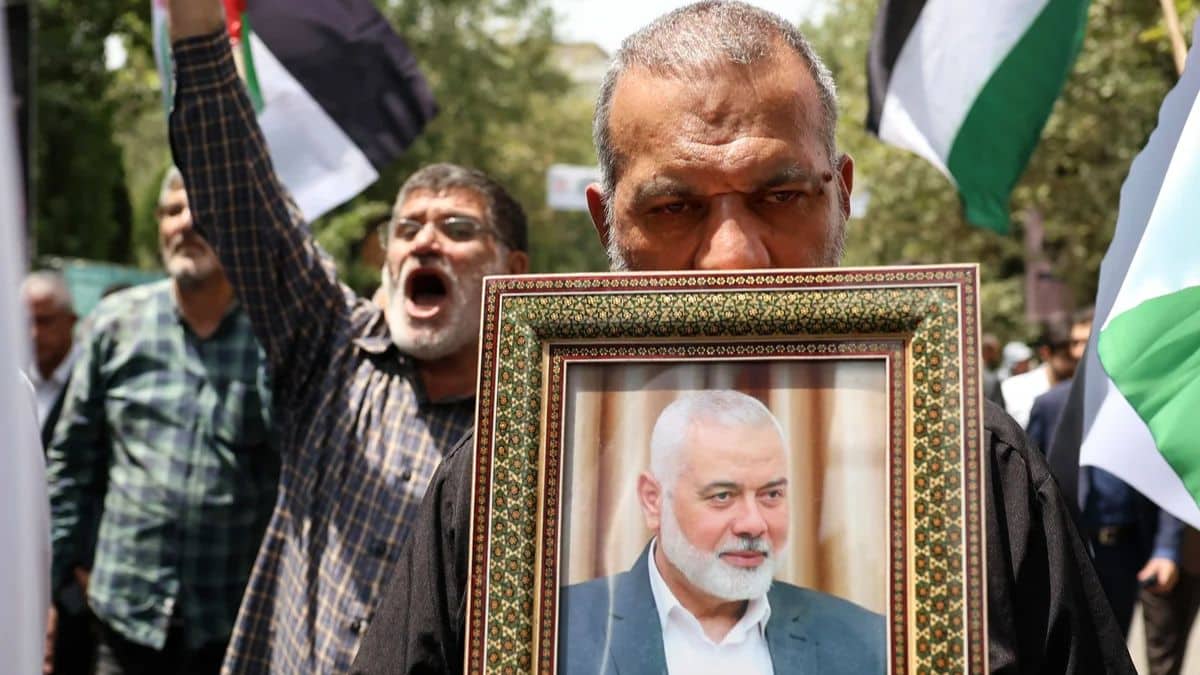The assassination of Hamas political leader Ismail Haniyeh in Tehran has sparked significant international tension and regional unrest. Hamas accused Israel of orchestrating the “treacherous Zionist raid” on Haniyeh’s residence, which has been marked by a banner in Tehran’s Palestine Square featuring Haniyeh’s photo and the caption, “Wait for the harsh revenge.”
The killing of Haniyeh has exacerbated the volatile situation in Gaza, where Israeli forces continue to conduct operations. In the past nine days, at least 255 Palestinians have been killed during an Israeli ground offensive in the southern city of Khan Younis. This escalation has resulted in over 39,445 deaths and 91,073 injuries in Gaza since the conflict intensified on October 7. The Israeli military reported that 1,139 Israelis have been killed in the Hamas-led attacks, with more than 200 taken captive.
The US Treasury announced sanctions on two individuals and four companies facilitating arms procurement for the Ansarallah movement, commonly known as the Houthis, in Yemen. The Treasury’s statement highlighted that since November 2023, the Houthis have deployed unmanned aerial vehicles (UAVs), ballistic missiles, and cruise missiles targeting US military forces, merchant vessels, their crews, and civilian populations in Israel. This move is part of a broader effort to curtail the capabilities of the Houthi rebels amid ongoing regional conflicts.
Iran’s President vowed to make Israel “regret the cowardly action,” with Supreme Leader Khamenei stating that avenging Haniyeh’s death is Tehran’s duty. The assassination has been condemned by Hezbollah supporters, raising fears of a broader conflict involving multiple militant groups. Hezbollah has already warned that all Israeli sites are now within their reach, signaling potential escalation.
The Israeli security cabinet convened at the Kirya military headquarters to discuss potential responses from Iran, Hezbollah, and Hamas following these high-profile assassinations. The latest developments come amid the already tense backdrop of the Israeli-Palestinian conflict, with ongoing violence and retaliatory attacks contributing to an increasingly unstable situation. The international community remains vigilant, closely monitoring the unfolding events and their potential repercussions on regional and global stability.

